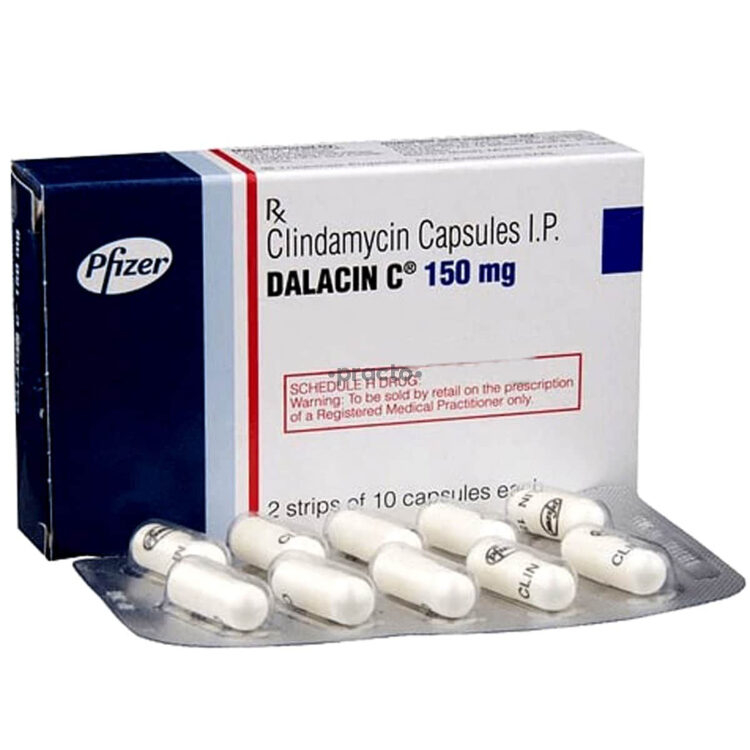Uses
Clindamycin is used by doctors to treat a wide range of bacterial infections. When penicillin is ineffective and the type of bacteria involved in the infection has been determined, it is prescribed.
This is because the type of clindamycin prescribed by the doctor is determined by the type of infection the patient has.
Clindamycin may be prescribed by a doctor in the form of oral capsules or dissolvable granules for the following conditions:
- respiratory infections with streptococci, pneumococci, and staphylococci bacteria
- empyema, anaerobic pneumonitis, or an abscess in the lung
- blood poisoning
- infections from anaerobic bacteria in the gut, resulting in peritonitis or an abscess in the abdomen
- endometriosis, pelvic cellulitis, an abscess in the reproductive system, or a vaginal cuff infection
Clindamycin intravenous or injectable may be prescribed by a doctor for severe infections such as:
- respiratory infections
- lung infections
- blood poisoning
- infections in the reproductive system
- abdominal infections
- bone and joint infections, and they may sometimes prescribe it alongside other medications during surgery for chronic bone and joint infections
- serious skin infections
Clindamycin as an oral solution may be prescribed by a doctor for children to treat:
- serious respiratory infections
- serious infections of the skin or soft tissue
- blood poisoning
- infections in the abdomen
- infections in the female reproductive tract
Clindamycin may be prescribed by a doctor as a transvaginal suppository to treat bacterial vaginal infections. For vaginal infections, they may instead prescribe clindamycin lotion. The lotion is safe to use during the second and third trimesters of pregnancy.
Clindamycin can also be used for purposes that the Food and Drug Administration (FDA) has not formally approved. Clindamycin is sometimes used to treat anthrax and malaria, for example.
Clindamycin is also used as a preventive treatment by dentists.
Endocarditis is an infection of the lining of the heart that can occur after a dental procedure in people who are at risk.









